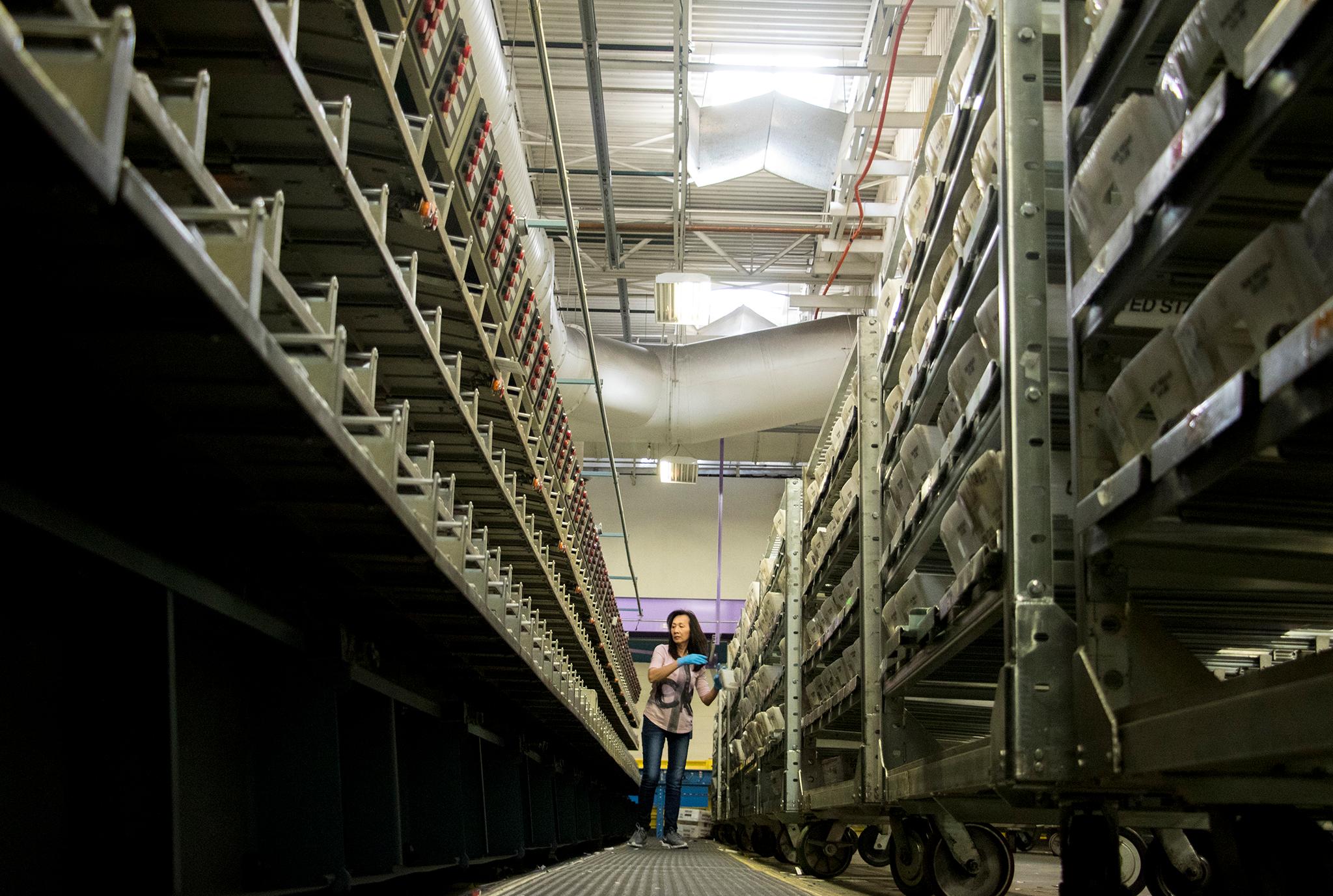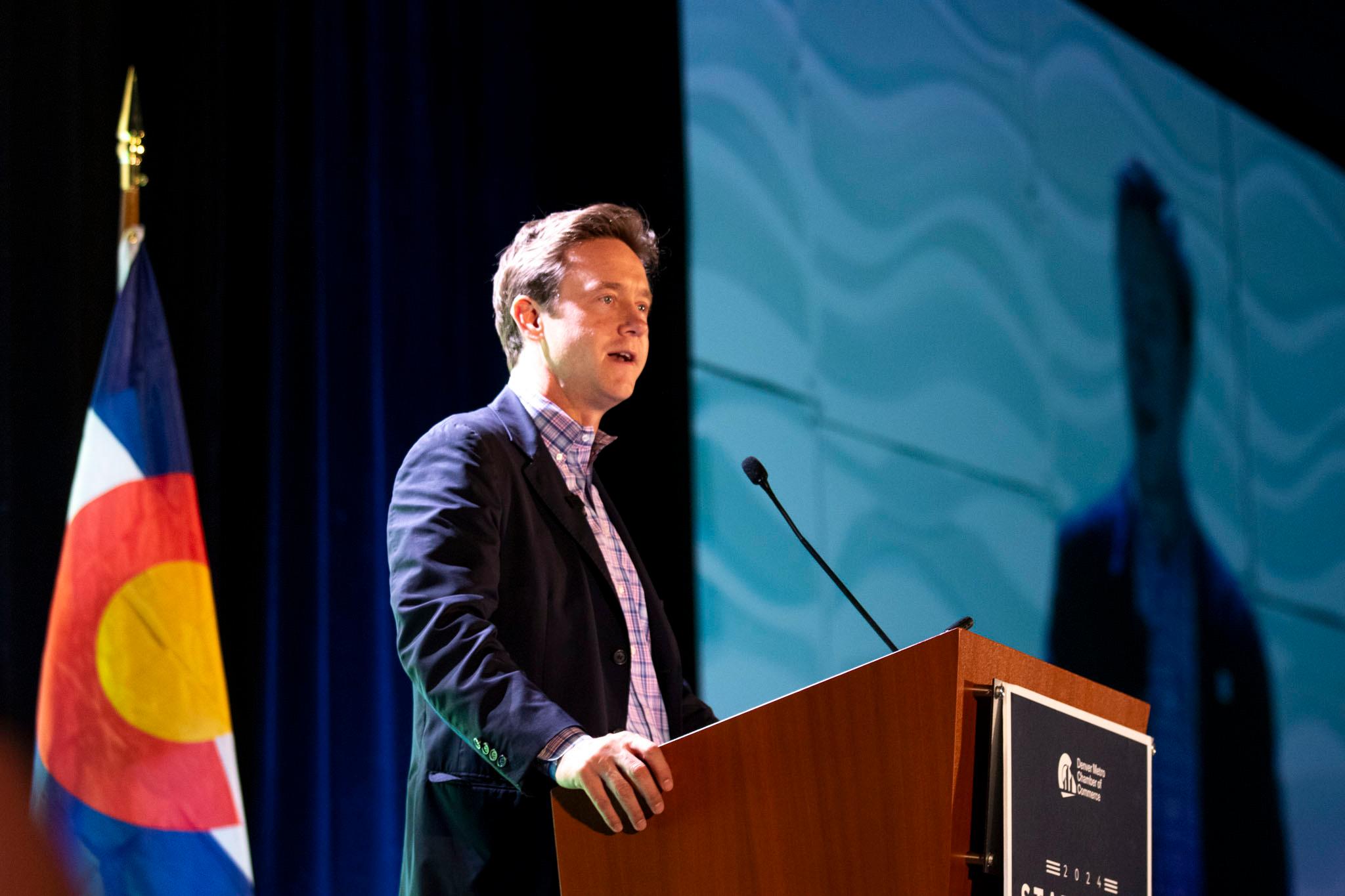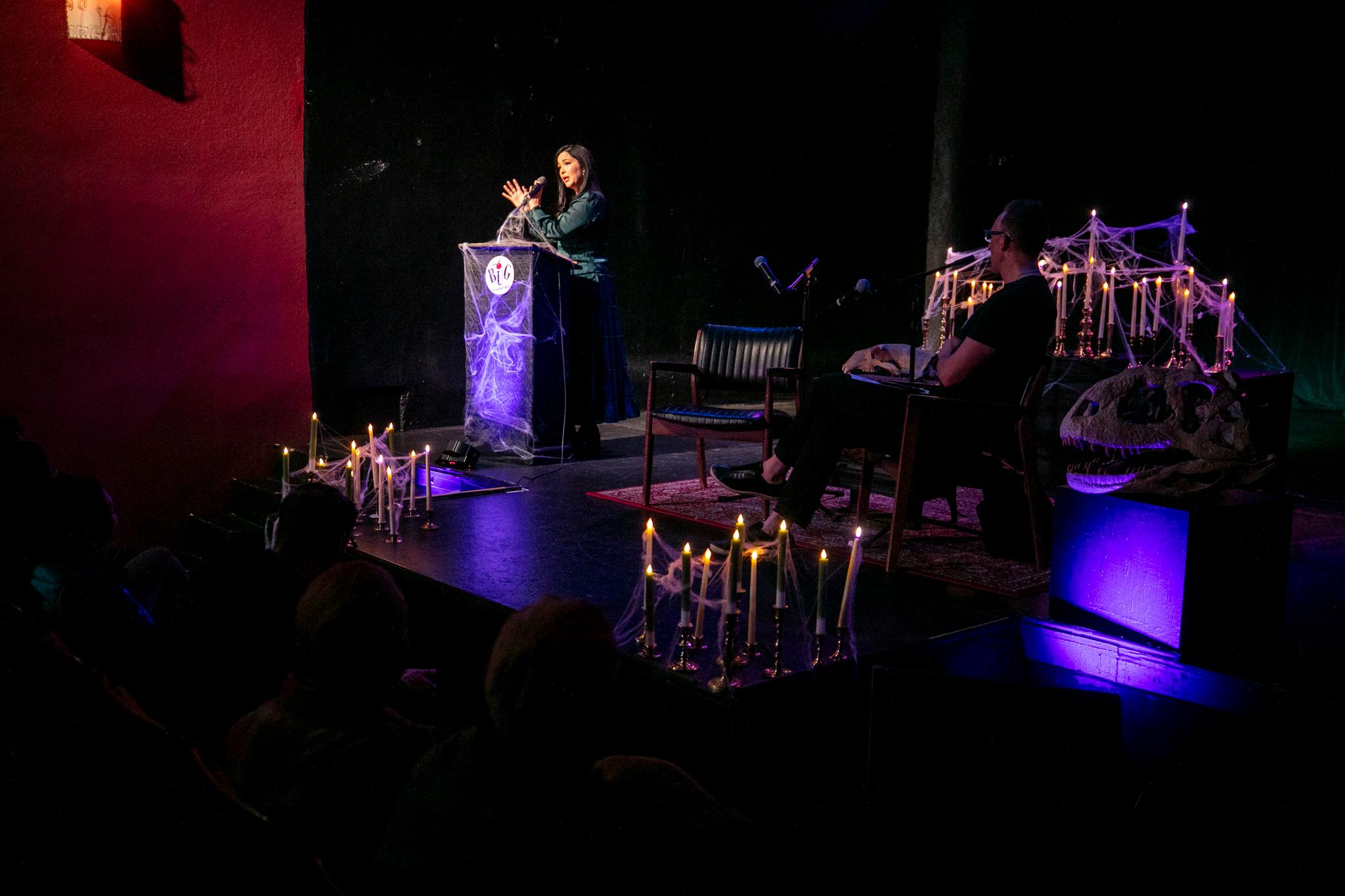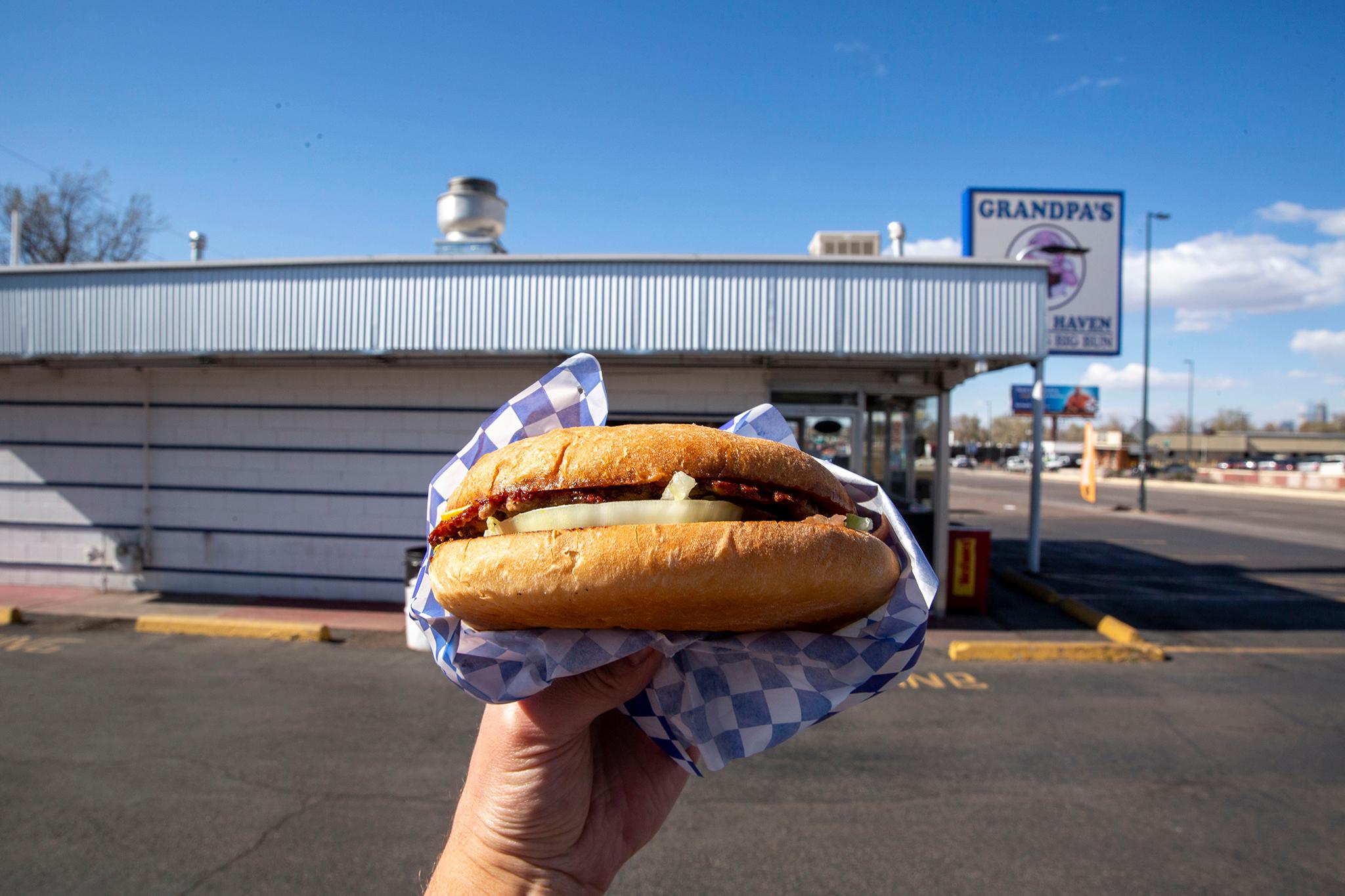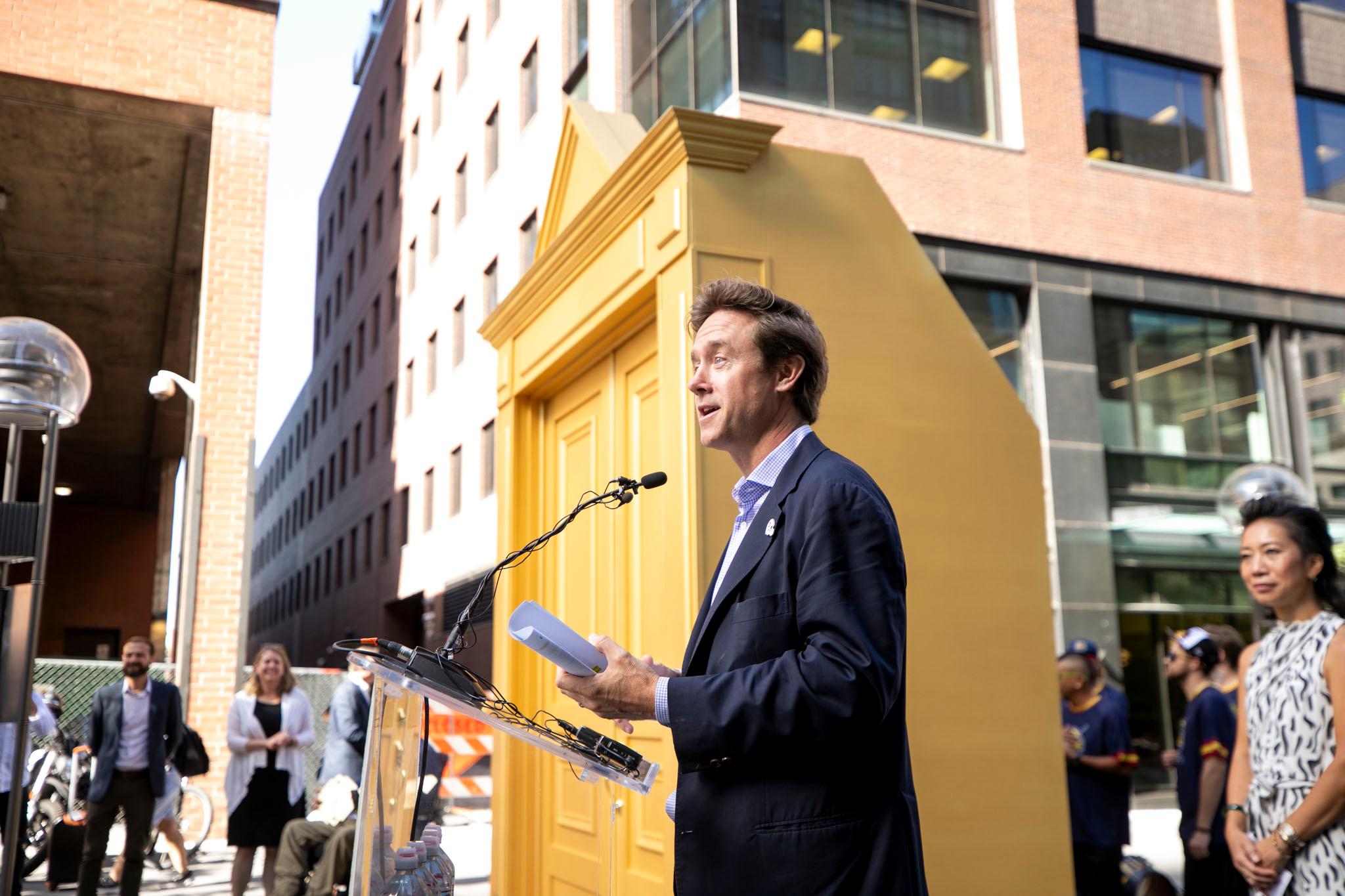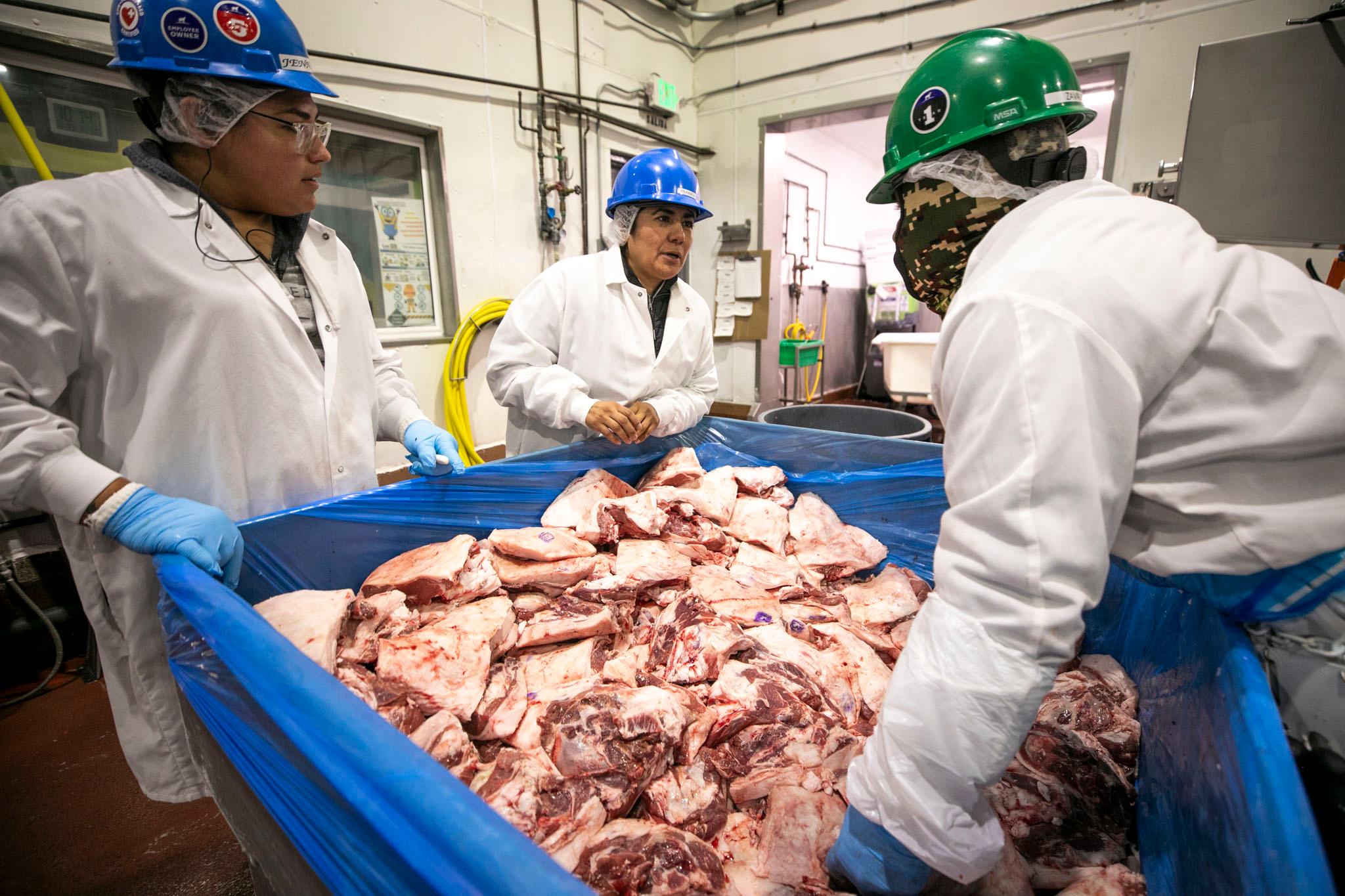With the building that once housed their newsroom looming behind them, a group of former Denver Post staffers Monday morning announced their plans to launch a new local newsroom, the Colorado Sun.
The journalist-owned, membership-based digital publication will be one of a handful around the country backed by the blockchain-powered platform Civil. The official launch won't be until the end of summer, but work is already underway. The team had its first news meeting following the press conference. The publication starts with a newsletter on Wednesday.
The Pulitzer-winning roster includes editors Larry Ryckman and Dana Coffield, chief technology officer Eric Lubbers, and writers Jason Blevins, Jennifer Brown, Tamara Chuang, John Ingold and Kevin Simpson. As a newsroom — and with the help of freelance contributors — they'll aim to cover Colorado with investigative, explanatory and narrative journalism.
The Sun won't focus much on daily news. As Lubbers put it, it'll be deep-dives into traffic stats instead of the car crash at Sixth and Colorado. There won't be sports coverage in the usual sense, but Ryckman said they'll write about the ways sports intersects with society and, of course, Blevins will be covering outdoor sports.
"It feels amazing to be standing here," said Brown, who before her departure from the Post completed an important series of stories about Colorado foster care. "... Doing what we all are so passionate about and have dedicated are lives to — it’s amazing."
The Sun says it has enough money for two years. Sustainability will count on Coloradans thinking it's amazing, too.
The two years of life being advertised is more of an estimate, Ryckman pointed out. The Sun received a block grant that the team believes can fund it for two years, and it launched a Kickstarter sort of as insurance.
"The funding that we have just gets us enough to get through, but we need extra cash for records requests, we need extra cash for travel expenses, all that kind of stuff," Lubbers told Denverite. "So the Kickstarter is our way, before we have our subscription model built, to just get some support and make sure we can hit the ground running and do the work that we need to."
As of Monday morning, the Kickstarter had 592 backers contributing $41,684 on the way to the Sun's $75,000 goal. It has 28 days to go.
Ryckman said they're open to finding other avenues of support and will continue talking to Civil about possible opportunities for expansion.
Eventually, the Sun will operate on a subscription model. There won't be any ads — the Sun staff says an advertising model doesn't work, in their experience — and Lubbers said there's no plan for a paywall right now.
"Paywalls are for things with big audiences that you’re trying to monetize a small slice of," he said. "What we’re doing is we want to make sure that the stories we write get to the people it matters to, and hopefully enough of those people will want to support us that we can stay sustainable. And I really think that with a newsroom the size of ours, we can do that."
About the blockchain thing.
Blockchain is a new database technology that, as Civil founder and CEO Matt Iles explained it for Denverite, is a way of "building software on the internet where the participants in a network are transparently committed to a single purpose, and that should any participant try to dramatically undermine that purpose, everyone would be able to see it and could prevent it, and could potentially sort of remove that participants from the platform."
At the base is Ethereum, an open-source, blockchain-based distributed computing platform and operating system on which. To be on it, developers need tokens. Civil will have a finite amount of tokens: 100 million.
It's very new, and it's a little tricky. I'll let Iles explain:
The Sun staff isn't focused on the tech, though — just journalism.
It starts this week with a newsletter, tentatively called the Sunriser, which they'll send out every Monday, Wednesday and Friday morning. They're leaving Tuesdays and Thursday open for something like a politics or special projects newsletter. The regular edition will highlight the Sun staff's work as well as stories from across the state.
In the coming months, the staff will be working without publishing — getting a lot of reporting and writing done so they have a solid foundation for the official launch.
"What I really want people to understand is for readers the blockchain thing is almost the least important part. We’re just a news outlet. The blockchain thing is part of the future of what we think protected, verifiable journalism is, but it’s in the very, very, very early stages," Lubbers said. "The main thing people need to understand is that we’re an independent newsroom that’s going to be covering Colorado and we need their support in American dollars, not in Bitcoin, not Ethereum, not anything like that. We’ve said a couple of times it’s both really futuristic and also the most traditional way of doing things — just getting out stories and getting support from readers."


